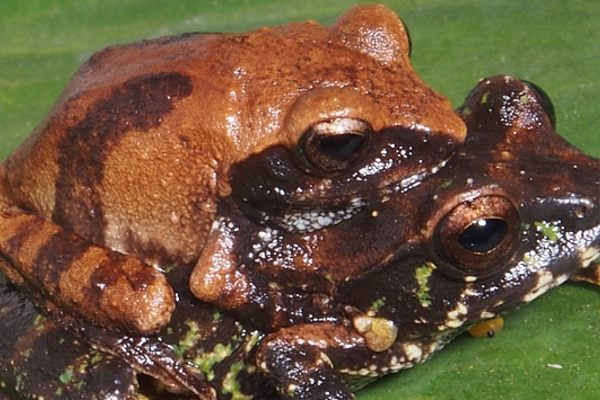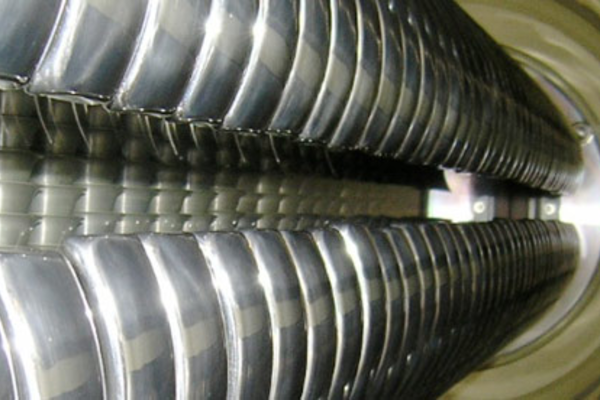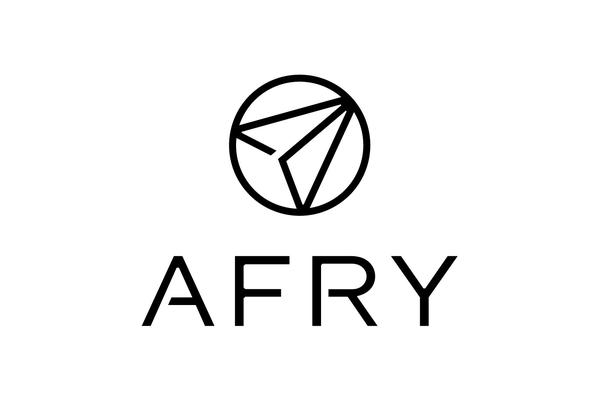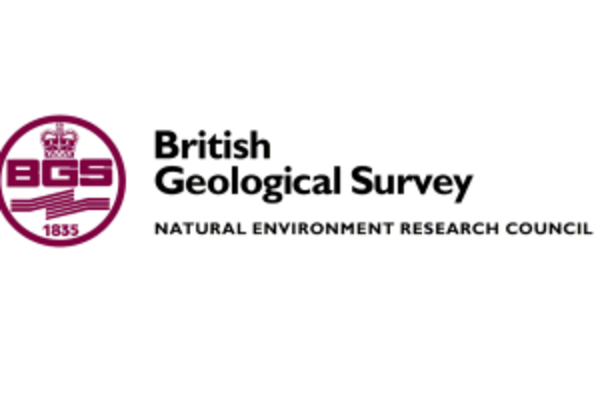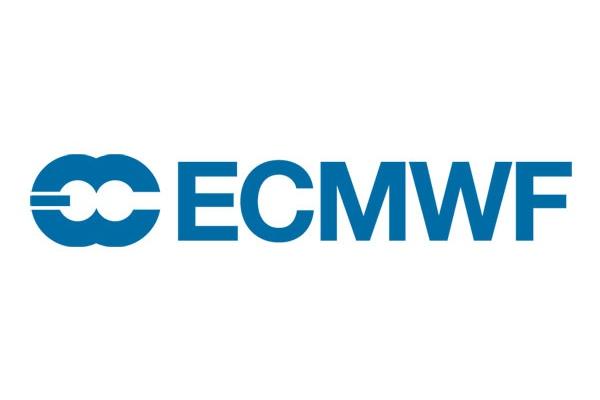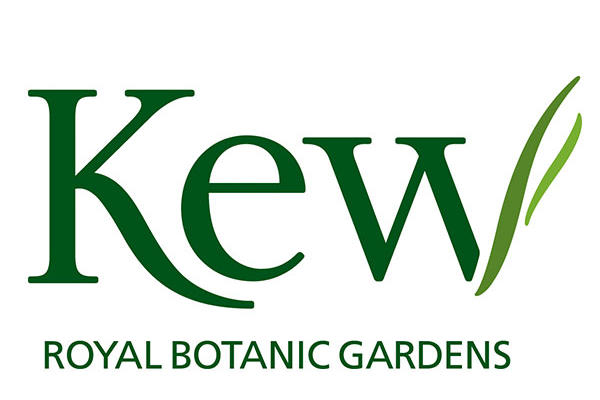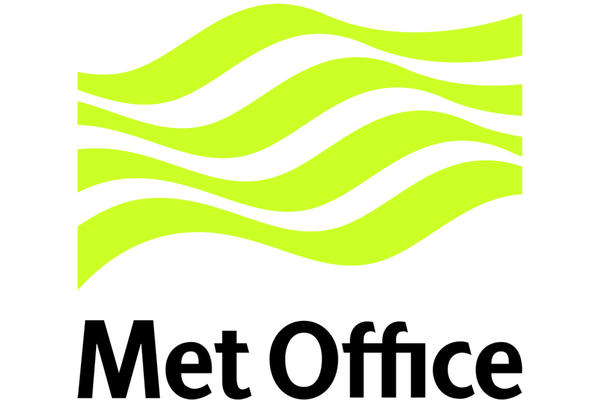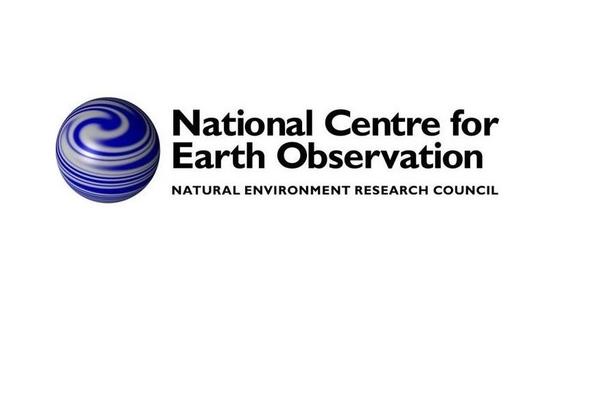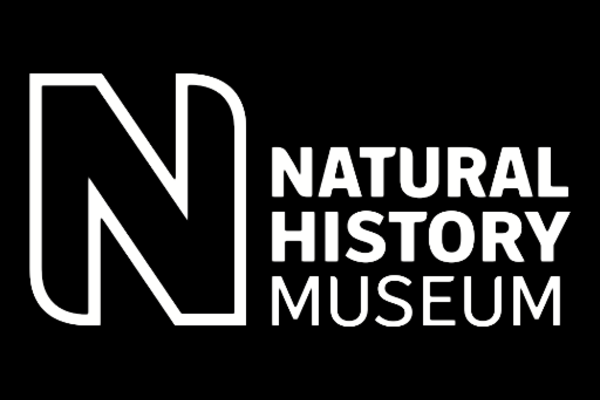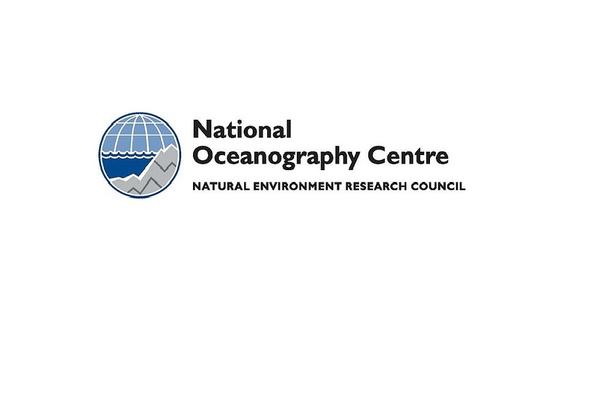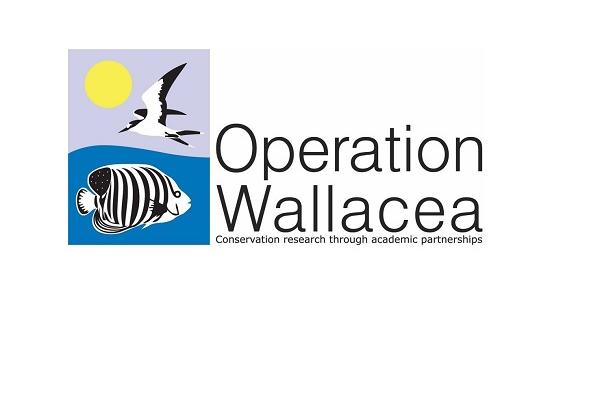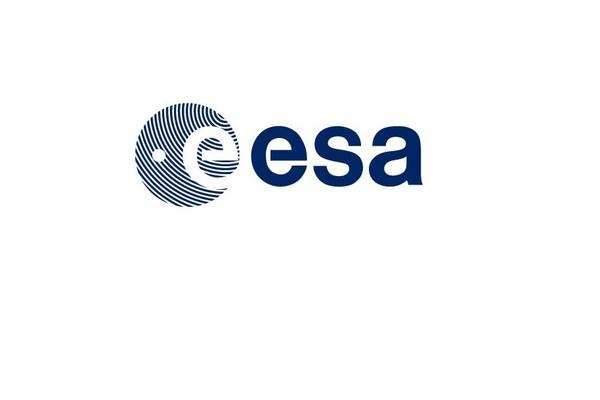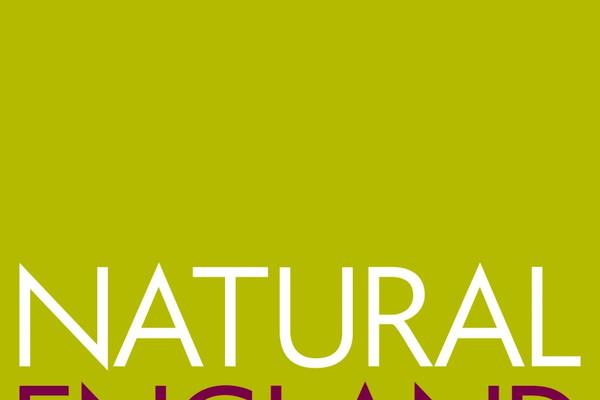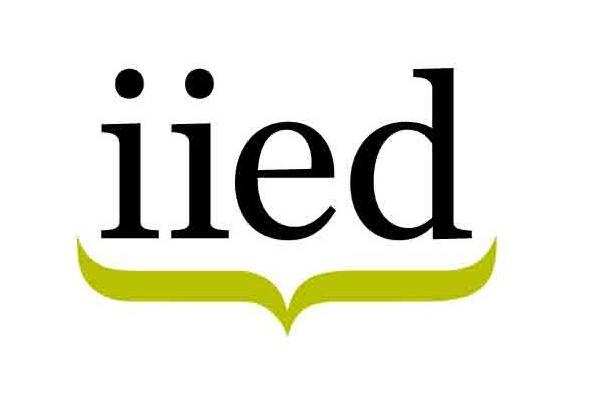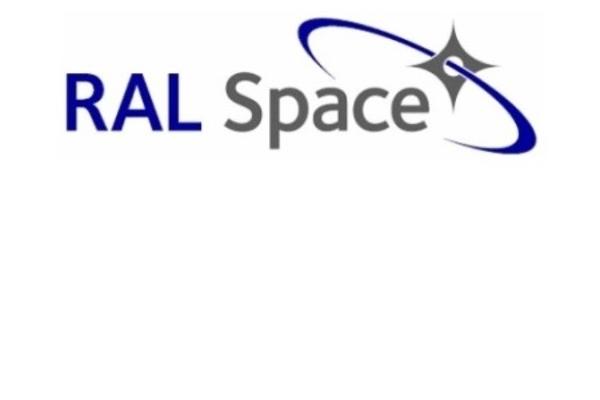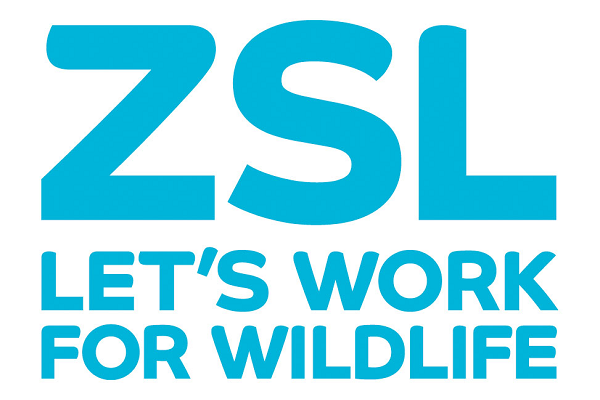Welcome to the Oxford DTP in Environmental Research
We are delighted to announce that a new programme of study, building on the success of the Oxford NERC and BBSRC DTPs, has been awarded by UKRI. The new ILESLA programme replaces this programme.
One of the major benefits of applying to do a PhD with a Doctoral Training Partnership, is that your course fees are paid and you receive the UKRI minimum stipend (living grant). You also receive a grant for research costs and training.
The DTP in Environmental Research at Oxford welcomes applications from a diverse range of candidates and if you are from a low-income household this should not hold you back from applying. We hold residential workshops so that candidates who otherwise wouldn't have the opportunity, can spend time in Oxford, meet students and staff, and experience a little of what it is like to be here. We also support EDI applicants during the admissions process with online admissions workshops. We held our virtual open day, based on that workshop, on Wednesday 29th November and you can watch videos of the sessions on a page under the how-to-apply menu.
The DTP in Environmental research admits candidates to one of three streams: Biodiversity, Ecology & Evolutionary Processes; The Dynamic Earth, Surface Processes and Natural Hazards and The Physical Climate System. Find out more about these streams and the key areas within each one below. Use these pages to identify potential supervisors you might wish to work with and you can email them to discuss possible projects. You can also find details for current students using the People menu. Our students are a friendly bunch and happy to answer questions about DTP and Oxford life if you drop them an email.
Biodiversity, Ecology and Evolutionary Processes
Dynamic Earth, Surface Processes and Natural Hazards
The Physical Climate System
Cross-Stream Themes
One major benefit of carrying out a PhD through a doctoral training partnership is the opportunity to develop projects in collaboration with partner organisations who can offer support in many areas, including identifying critical problems that need solutions, and access to facilities, equipment, people, data and collections of materials and samples. Partner organisations may also be able provide financial assistance and co-supervision; and access to mentoring, work placements, the oportunity to work with organisations outside academia. These partnership opportunities are mutually beneficial - and will be enriched by your energy and commitment to your field of research, your ideas and your discoveries.




